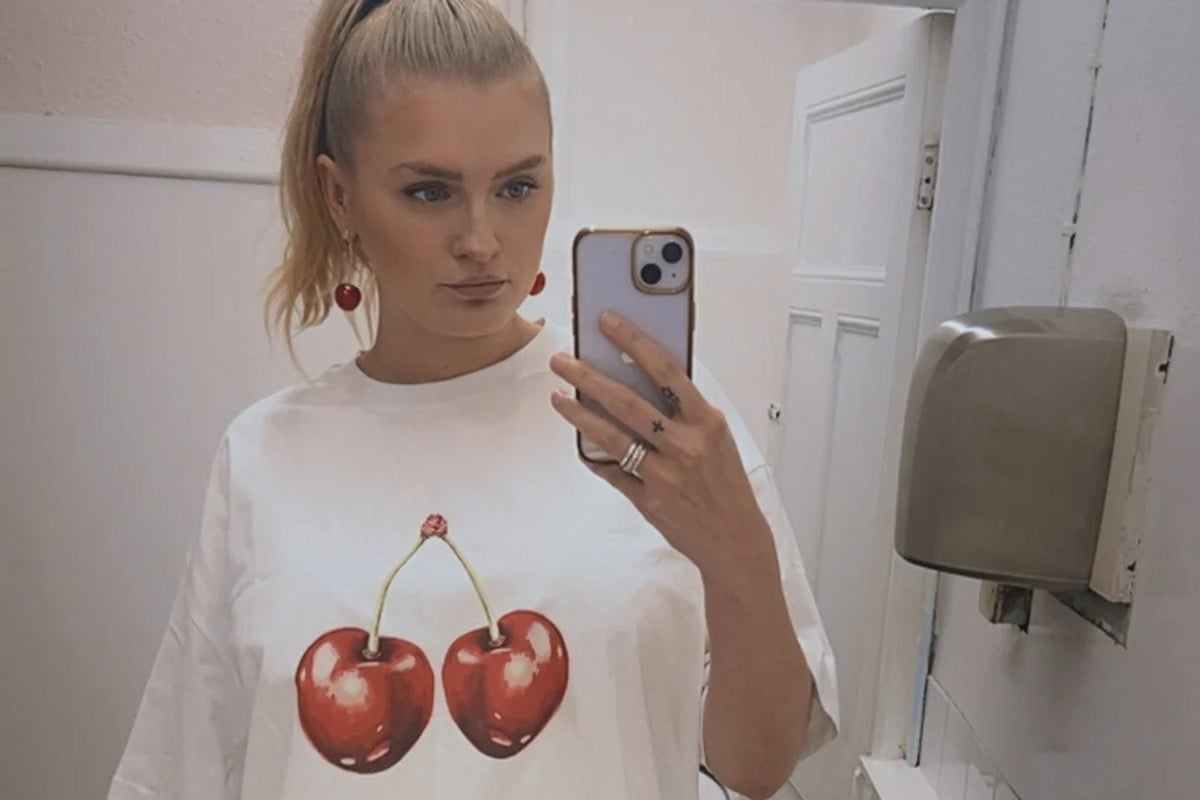
Ellie Harrison was at a university party when she started chatting to one of her classmates. They were celebrating the start of the school year, the third and final of their degree.
When the classmate led her to his room, away from the thrum of the party, Ellie welcomed the chance to properly catch up. But then he leaned in to kiss her.
The feelings that overwhelmed Ellie at that moment were dark: panic, fear, shame. Words came tumbling out of her mouth, words she had only said to a handful of people prior.
"I'm really sorry. I've just been told I'm HIV-positive."
Then she ran.
That was in 2018. In the years since, Ellie has spoken about her diagnosis many times. Not only with other potential partners, but with friends, family, and colleagues. She's also a prominent voice in the media, courtesy of her advocacy work for various charitable organisations in the UK and abroad.
Those dark feelings about her HIV status are gone. But faced with persistent stigma, Ellie knows it's a conversation she needs to keep having.
Listen to the full interview of Ellie Harrison on No Filter. Post continues after audio.
The day Ellie learnt she was HIV-positive.
Ellie was 21 years old when she was diagnosed with human immunodeficiency virus, more commonly known as HIV.
HIV is a virus that can be transmitted via semen, vaginal fluid, blood and breast milk. It attacks the body's immune system, making it harder for the sufferer to fight off other illnesses, infections and some cancers. If left untreated for an extended period (typically years), it can develop into acquired immunodeficiency syndrome, knowns as AIDS.





























































































